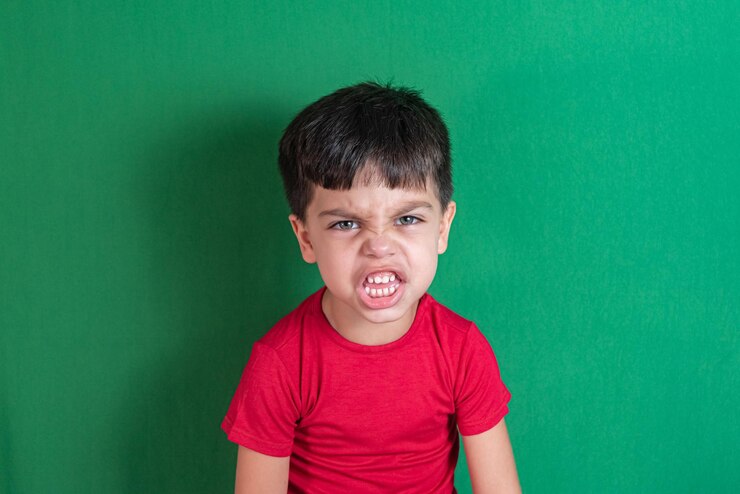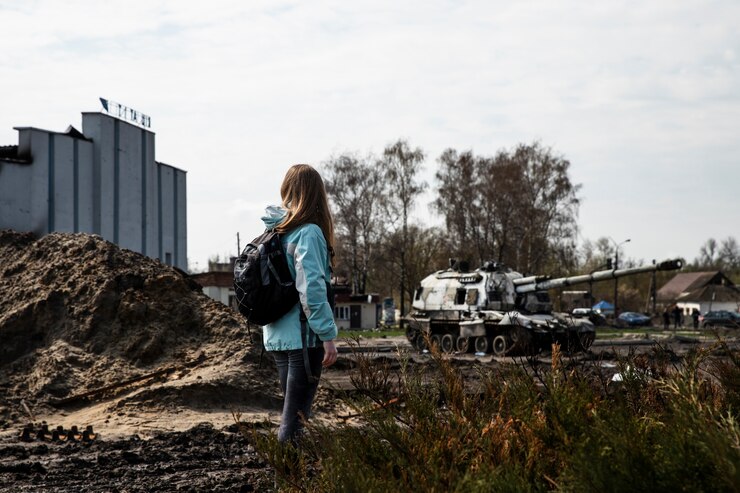After a truce that lasted for only a week, Israel and Hamas have resumed fighting in full force. Barely had the ceasefire agreement ended than Israel began carrying out airstrikes. Hamas, on its part, responded by firing rockets into Israel.
The war, which started in early October, has caused devastating effects to both camps. Thousands of people have died while survivors have been displaced or rendered homeless. Many others have been kidnapped and/or suffered severe physical injuries. But if there’s one group of people that’s felt the impact the most it’s kids.
Conflicts like this cause catastrophic effects on the lives of children. From losing family members and homes to being separated from their parents, the consequences are severe and long-lasting. In this post, I’ll be looking at the psychological impact of war on kids.
The Impact of Conflict on Kids’ Mental Health
Heightened Feelings of Anxiety and Insecurity
Children living in war-ridden areas like Israel and Hamas typically end up displaced or homeless. The problem with losing a home is that you’re not only losing a place of shelter. Rather, you’re also losing a special place where you’ve built memories with family. A space that offered security from the evils of the world.
Due to this, war-affected kids often experience intense feelings of anxiety and insecurity that don’t go away that quickly. Such a child might get spooked by the slightest noise – the movement of a chair, the banging of a door, the sound of an aircraft flying past and more.
The anxious feelings can be so overwhelming that they affect other aspects of the child’s life. This can be manifested in the form of bed wetting, constant nightmares and difficulty sleeping.
Emotional Withdrawal
When children are exposed to trauma at such a tender age, there’s a high risk of them getting desensitized. Put simply, this means they get to a point of emotional numbness. Since they’ve been exposed to a ton of violence, they gradually begin to accept this as the new norm.

The problem with this is that they may act out the aggressive behavior they’ve observed. This then makes it difficult to form meaningful relationships with others in the society.
Risk of Psychosomatic Symptoms
These are symptoms that people develop due to the negative impact on their emotional well-being. Such symptoms aren’t caused by any medical issue. Rather, they occur anytime the victim experiences high stress levels. They include:
- An abnormally fast breathing rate
- Difficulty breathing
- Chest pain
- Headaches
In the worst case scenarios, some children lose movement in their limbs temporarily. Others also start having slurred speech and experience partial amnesia.
Unfortunately, there’s not much we can do to assist children victims of war. Not unless you’re directly related to them or have connections with victims living in these regions. However, we can support charitable organizations that are directly associated with humanitarian efforts. These include the Red Cross and the United Nations Children’s Fund (UNICEF).
Similarly, it’s important to sit down with your kids and answer any concerns or questions they have regarding the ongoing conflict. This way, they won’t end up being misinformed by social media.
When explaining to them, emphasize on hope and resilience. Narrate a couple of stories related to reconciliation and communities joining hands in the midst of such calamities. “But those who hope in the LORD will renew their strength. They will soar on wings like eagles; they will run and not grow weary, they will walk and not be faint.” (Isaiah 40:31)







